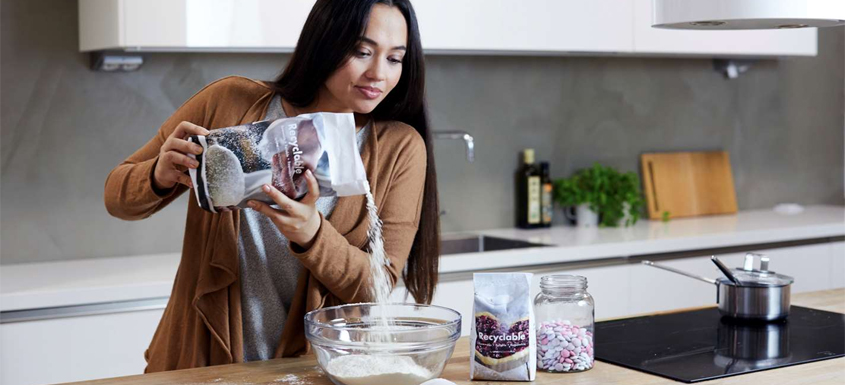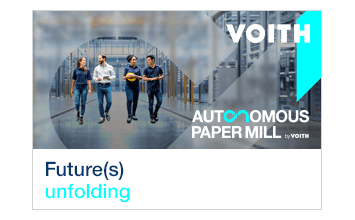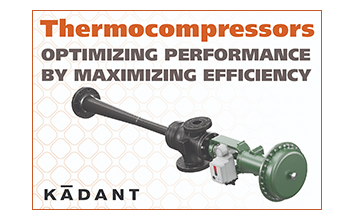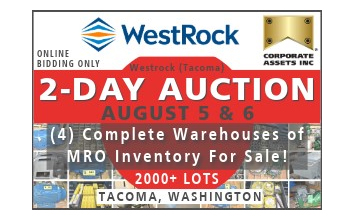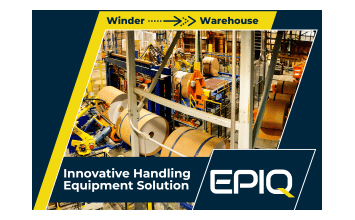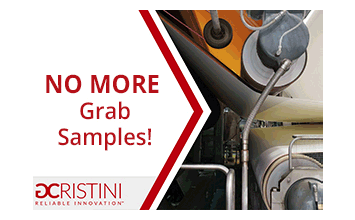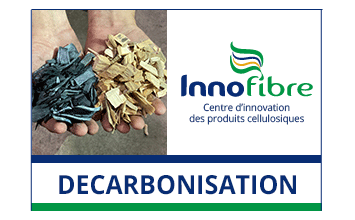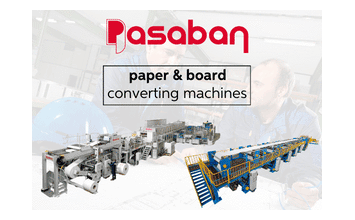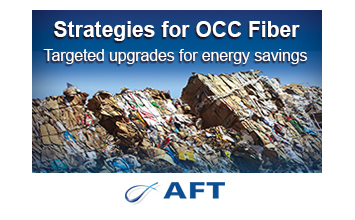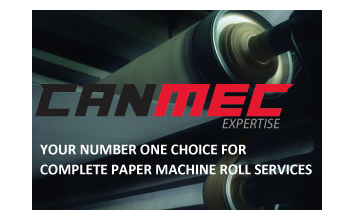The packaging industry is experiencing an unprecedented change: there is a strong push from both consumers and regulators for more sustainable solutions.
As a result, brand owners have set ambitious targets for increasing the share of recyclable and fibre-based packaging. In order to achieve these targets, they need the help of the entire packaging value network; this is a huge opportunity for everyone involved.
“The ultimate purpose of packaging is to protect the product during delivery and keep the contents safe to use. With many foods, for example, this means that packaging needs to offer protection against moisture or grease. Today these properties are typically achieved using plastic structures, but we are now working on fibre-based solutions that can satisfy these requirements, while offering additional benefits for climate and recycling,” says Janne Varvemaa, Director, Products and Technology at UPM Specialty Papers.
Read also: Sustainable packaging papers for a world beyond fossils
“Co-creation by all players in the packaging value chain is a prerequisite for helping brand owners increase their use of renewable packaging materials. The packaging value network is long and complex, but we are all facing the same challenges and opportunities. The best way to develop new alternatives to fossil-based materials is by combining our unique strengths through co-creation, in order to experiment and pilot new alternatives”, he notes.
Transforming packaging through co-creation
UPM Specialty Papers contributes to the value network with expertise in technically demanding papers. We are currently working on many projects initiated by brand owners. In these projects we work with a wide variety of players in the packaging industry from converters and packaging line manufacturers to chemical suppliers.
Interested in knowing how paper packaging is going fully circular?
“A great example of co-creation is our new barrier paper UPM AsendoTM Pro. Since its inception, we have worked together with packaging converters to test the product features and receive feedback on its barrier properties. These barrier properties are key when we look to replace plastic packaging. We have also sought input from recyclers to ensure that the enhanced barrier coating does not compromise the recyclability of the product.”
A safe choice - Product safety systems covering the entire production process
Other times, co-creation can mean that we receive technical feedback to understand how our papers perform in each stage of the value chain. Many packaging lines, for example, are designed and optimised for plastics so we cooperate with packaging line manufacturers to test the performance of paper. We can then utilise this feedback in our own product development process.
Experimenting with potential end-uses for existing paper solutions is also an important form of co-creation. “Another great example of co-creation is UPM SolideTM Lucent, which provides a unique combination of strength and good printability. We are intensely working with members in the value network to test how its barrier properties can be used in demanding packaging end-uses, such as food products that have a shelf-life of several months; these require high barrier performance from packaging materials to keep them from going rancid,” Janne concludes.
Source: UPM



